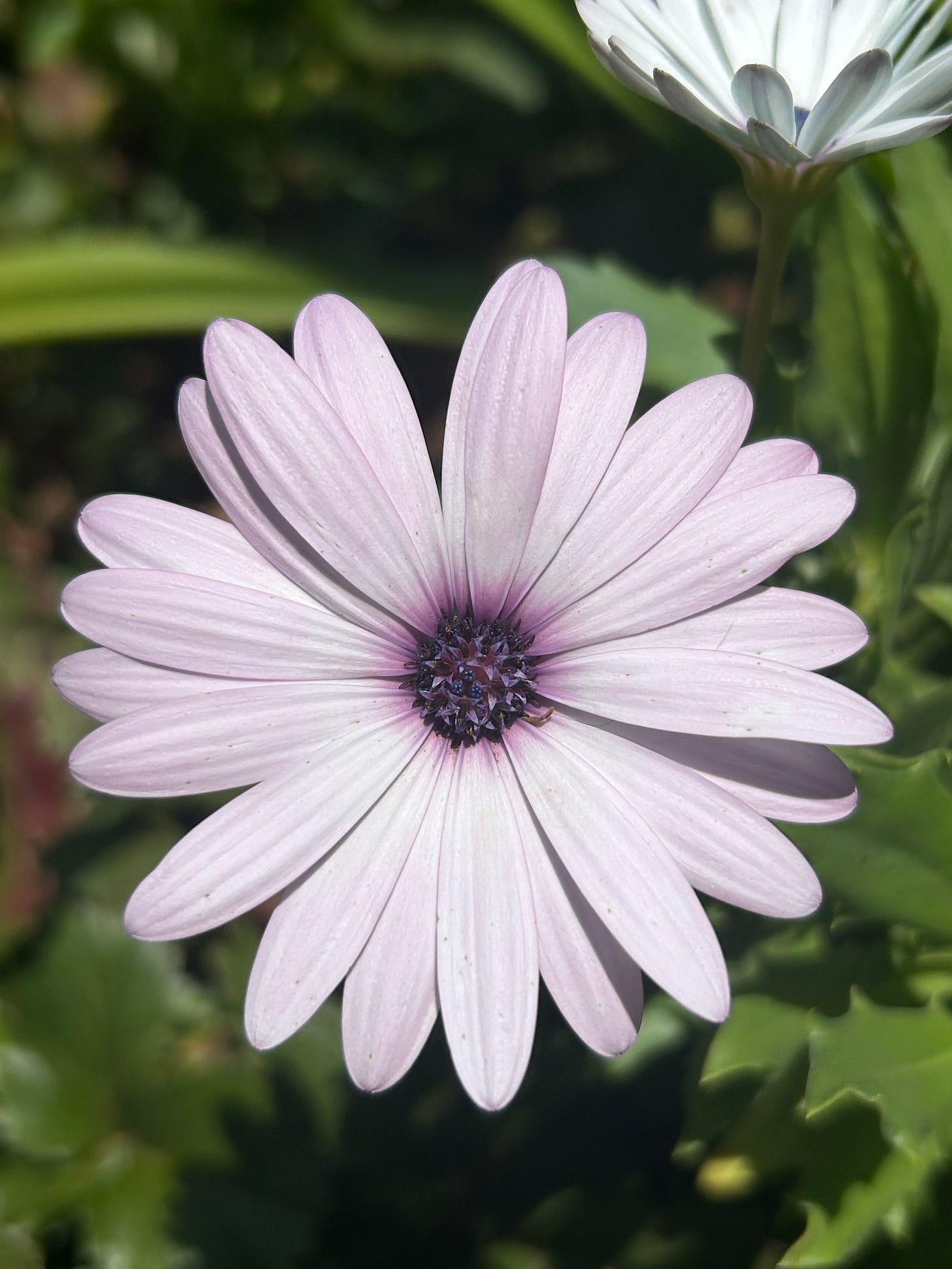notes on domestic work
on missing boys and men
In Dreams in a Time of War, Ngũgĩ wa Thiong’o writes that his father worked as a “domestic worker in a European house,” in part because his father was “intrigued” by Nairobi with its “white and black dwellers.” He stayed in domestic service through World War 1 and avoided conscription. Ngũgĩ writes, “Every time he knew he was going for a medical exam, he would chew leaves of a certain plant that raised his temperature to an alarming level. But there are other versions of the story suggesting the connivance of his white employer, who did not want to lose my father’s domestic service.”
Ngũgĩ’s father was reticent about his time in domestic service, but “Nairobi had left its mark on him”:
From his European employer my father had learned a few choice English words and phrases—“bloody fool,” “nigger,” and “bugger”—but which he Gĩkũyũnized as mburaribuu, kaniga gaka, mbagaĩno, and which he used freely to address any of his children at whom he was angry.1
We can assume that these insults were originally directed at Ngũgĩ’s father and other domestic servants by the white people they served. The insults provide a tiny glimpse into the world of domestic servants under colonialism.2 It was a racializing world, where insults familiar from the anglophone U.S. and Caribbean were used freely.
Perhaps here I should repeat myself: the white people who settled as colonizers in Kenya—mostly from England, with a good number from South Africa, Boers, not English—were descendants of those who enslaved Africans. Colonialism was a chapter in slavery, part of the long emancipation, not slavery’s end as the textbooks claim.3
In colonial Kenya—roughly from about 1888 to 1963—most domestic workers were men. They were cooks and cleaners and gardeners. If children were in the household, women might be hired to look after them, but most domestic chores were performed by African men.
It is difficult to find accounts of what domestic service was like for African men. Most famously, we have Ferdinand Oyono’s Houseboy (1956), but I cannot think of any popular or canonical novel or poem that discusses Kenyan men as domestic workers under colonialism. I also cannot find any dedicated scholarly account of Kenyan men as domestic workers. Perhaps I am looking in the wrong places.4
There are many accounts of Kenyan men’s labour during colonialism: as recruits in the King’s African Rifles, as conscripts in the world wars, as members of trade unions, and as participants in a range of resistance movements.5 In these accounts, men are warriors or traitors. Above all, men are political actors. Even accounts of men as teachers frame that teaching as contributing to freedom movements.
And so I’ve been wondering: How can we write histories that account for boys and men as the primary domestic workers in colonial Kenya? What might such histories illuminate—do histories illuminate?—about the gendering of domestic work? What might those histories complicate about how we imagine Kenyan masculinities? What might those histories demonstrate about the monstrous intimacies at work in colonial Kenyan households?6
I have other work happening at the moment, so I can only nod in this direction, and hope to read others on it.
The Kikuyu words are italicized in the original text. I refuse to italicize African languages. I also follow Joyce Nyairo’s lead in writing the word Kikuyu when I’m writing in English. Gikuyu is when I’m not writing in English.
Verbal abuse toward domestic servants is common today, within and across racial lines. But that’s a topic for another day. Or you could use your internet time to look up the various public reports about domestic workers in Kenya and elsewhere.
The long emancipation is Rinaldo Walcott’s term
For much of the 1970s and 1980s, Kenya’s historical profession was dominated by men. I can only speculate that they chose not to focus on domestic work because it was not considered a valuable part of labour history, national history, nationalist history, or ethnonational history.
My friend Lutivini Majanja has written a moving account of her great grandfather as a conscript in colonial Kenya.
On monstrous intimacies, see Christina Sharpe.


